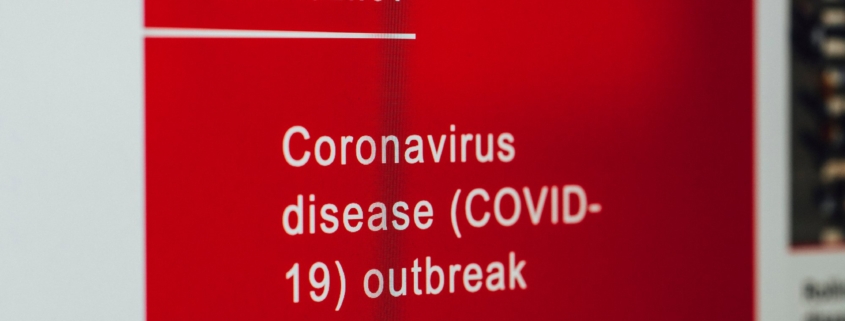RMD Waivers and Rollovers Offer Relief to Older Taxpayers
- What Are RMDs?
- Find out how to qualify for a 2020 RMD Waiver.
- Find out how to rollover an RMD taken before the CARES Act was enacted.
- Learn more about RMD rollover restrictions under the CARES Act.
As part of the CARES Act, the requirement for older taxpayers to take required minimum distributions (RMDs) from their retirement plans has been waived for 2020. This is mostly due to the drop in value for most investments as a result of the economic effects of COVID-19. Fiducial has all you need to know on these important changes!
RMDs are required distributions from qualified retirement plans. Commonly associated with traditional IRAs, they also apply to 401(k)s and SEP IRAs. The tax code does not allow taxpayers to indefinitely keep funds in their qualified retirement plans. Eventually, distribution of these assets must happen and taxpayers must pay taxes on those distributions. If a retirement plan owner takes no distributions, then he or she may have to pay a 50% penalty on the amount not distributed. This also applies if the distributions are not large enough.
RMDs historically have needed to begin in the year when the retirement plan owner became age 70½. However, a late 2019 tax law change (the SECURE Act) upped the starting age to 72 for years after 2019. Retirement plan owners can delay the first year’s distribution to no later than April 1 of the subsequent year. However, delaying the first distribution means taking two distributions in the subsequent year.
The CARES Act RMD waiver applies to:
- The 2020 RMD for taxpayers who turned 70½ before 2020.
- The 2019 RMD for taxpayers who turned 70½ in 2019 and chose to defer their first distribution to 2020.
- The 2020 RMD for taxpayers who turned 72 in 2020.
- The RMDs for beneficiaries.
RMD Rollover
When the CARES Act was passed on March 27, 2020, the 2020 waiver for RMDs was announced. Normally, plan owners may not rollover RMDs, but the CARES Act essentially changed 2020 RMDs into eligible rollover distributions. This means plan owners can roll them over within 60 days of receipt of funds. Some individuals subject to the RMD requirements had already taken their RMD before the CARES Act enacted this change. Unfortunately, they did not have the opportunity to roll the RMD back into their retirement account if the 60-day rollover period had already expired.

But there is good news! The declared disaster provisions extending the rollover period alleviated that issue. Thus, any 60-day rollover period that ends on or after April 1, 2020, and before July 15, 2020, now extends through July 15, 2020. This means that if you took a distribution after the end of January, you can roll it back into the retirement plan and avoid taxes on it in 2020. This only applies if you do so by July 15, 2020.
Be aware, however, that any part of the distribution from a traditional IRA or qualified retirement plan that you don’t roll over will be taxed. This means that if federal and/or state income tax was withheld from the distribution and you want to roll over the distribution, you will need to use funds other than those from the distribution in order to fully roll it over. Regrettably, when you make the rollover, the withholding can’t be refunded. Instead, you can claim the withheld tax as a credit on your 2020 return. In this case, your 2020 estimated tax installments and/or withholding on other income can be adjusted.
Rollover Restrictions
One other caveat: restrictions only allow one IRA-to-IRA rollover within any 12-month period. So, if you have already made an IRA rollover – even for a different account – during the prior 12 months, then you will need to carefully time the IRA RMD rollover so that it occurs beyond that period but still within the extended time limit. Trustee-to-trustee transfers don’t count as rollovers. So, for example, if you moved your IRA from one brokerage to another by having the account directly transferred, that action doesn’t count as a rollover.
Unfortunately, those who took their RMD in January do not benefit from the extension to July 15, 2020 (unless the IRS provides additional relief).
And, unless Congress provides further relief, the RMD requirements will resume in 2021. Wondering what the pros and cons are related to a rollover? Have more questions related to RMDs? Call Fiducial at 1-866-FIDUCIAL or make an appointment at one of our office locations. Ready to book an appointment now? Click here. Know someone who might need our services? We love referrals!
For more small business COVID-19 resources, visit Fiducial’s Coronavirus Update Center. There you will find information on SBA loans, tax updates, the Paycheck Protection Program, paid sick and family leave, and more.









